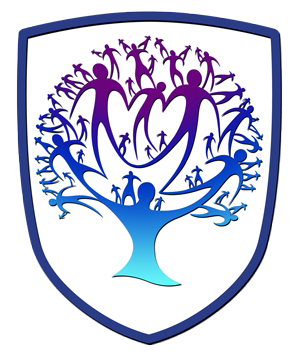To kick off National Careers Week this year, 28 students from Post-16 mostly from our MedHedz group attended Glenfield Hospital training unit for a morning of talks, interactive activities and a tour of the Mental Health Unit. This is the first time that NHS Leicestershire Partnership Trust has put on the event. The event started with an introduction to the centre and hospital, then the students spilt into groups according to their interests for the professional talk. The students chose from one of the following options; Doctor, Physiotherapy or Health & Social Care roles.
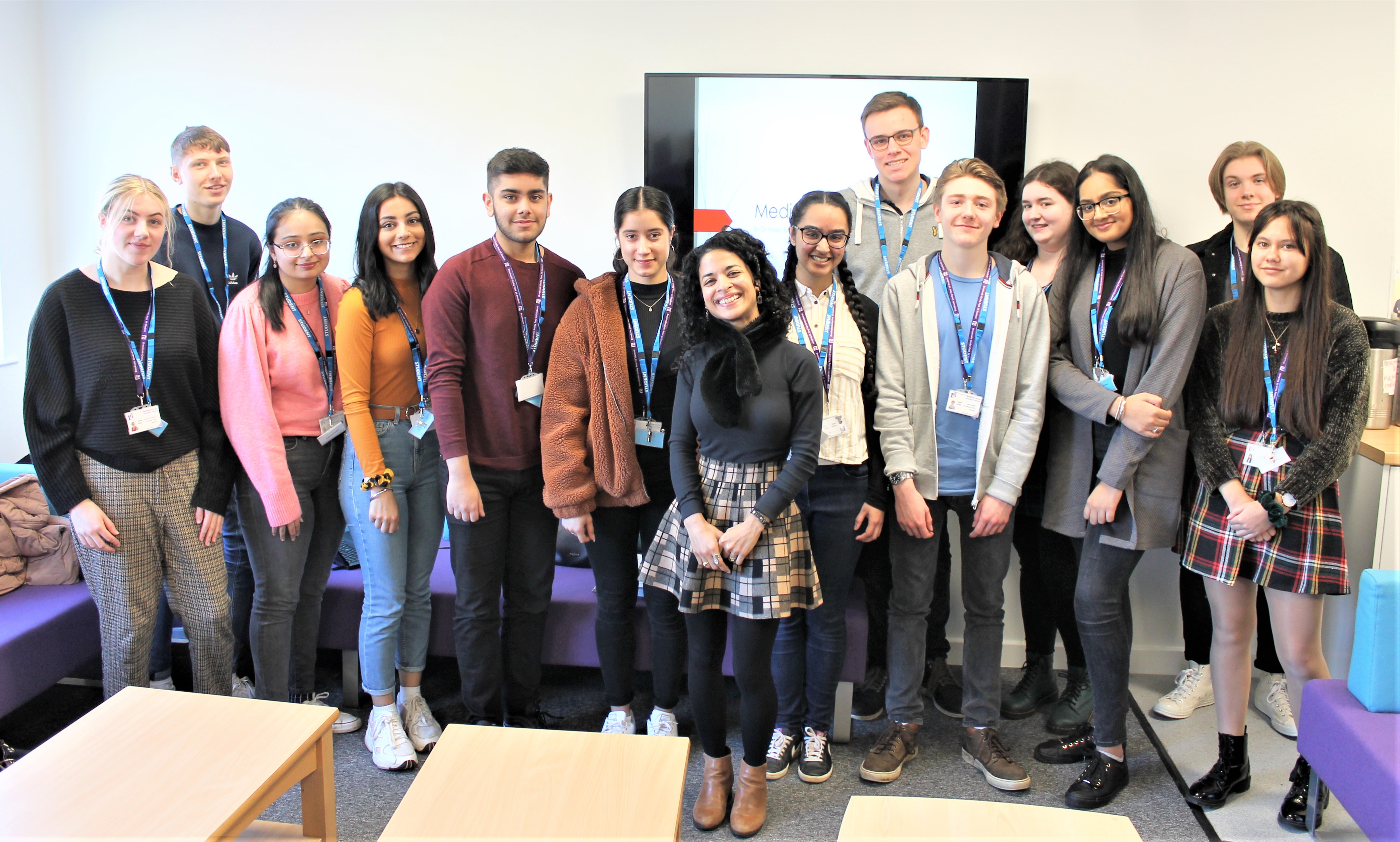
The Health and Social Care talk comprised of representatives from Inspire to Care, Loros and the NHS Leicestershire Partnership Trust who work directly with providers of Health & Social services in community hospitals. For these careers the most important thing is your values as a person. A lot of Health & Social Care roles are based on value based competences rather than qualifications – they can come later. Many of our students found Dr Bagir’s talk (pictured above) from a perspective of being an interviewer of new doctors very enlightening. Yes everyone has the grades else you wouldn’t have got onto the medicine degree, it’s the unscripted interview where you talk about yourself allowing your personally to shine through that gets you the job!
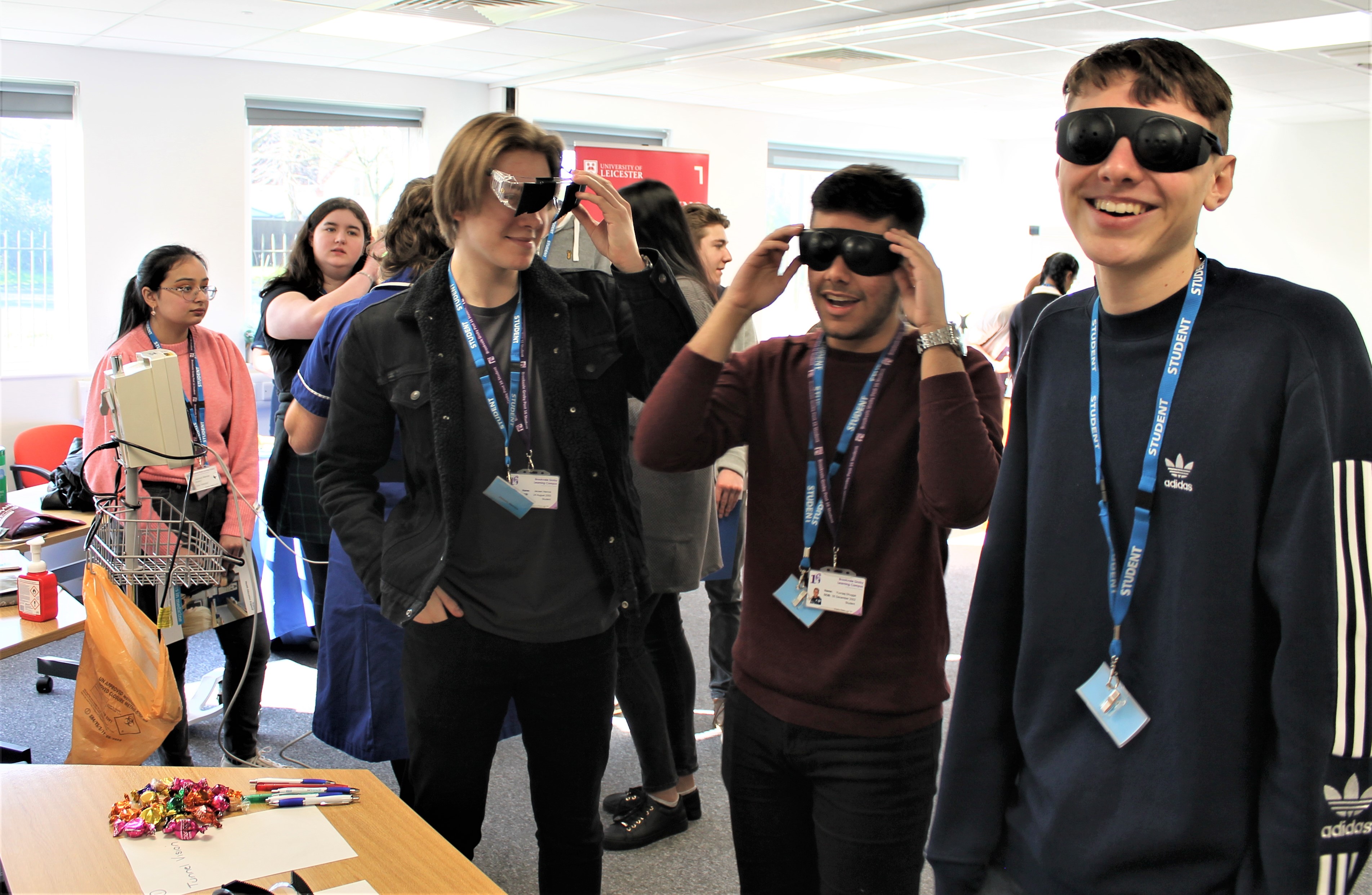
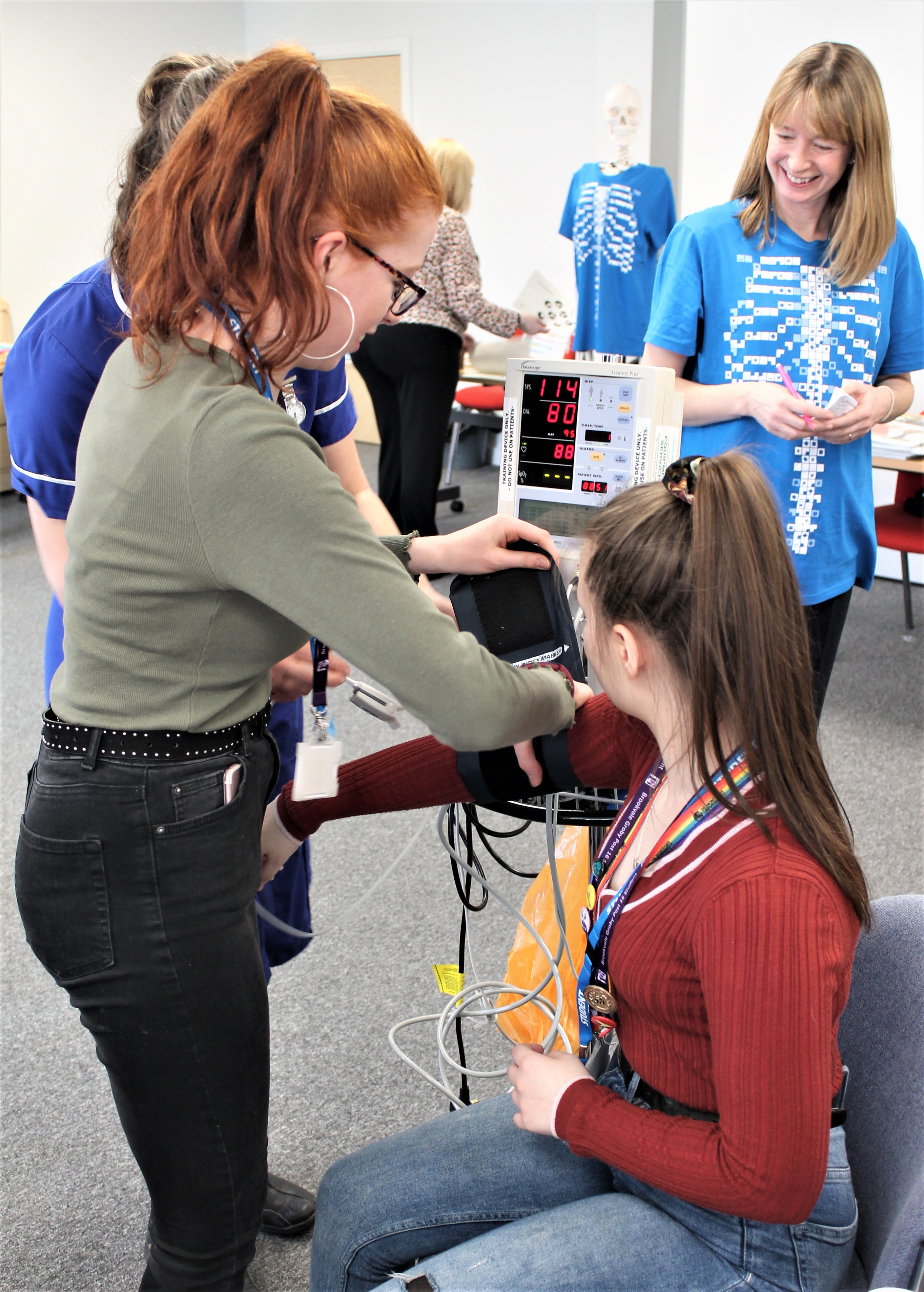
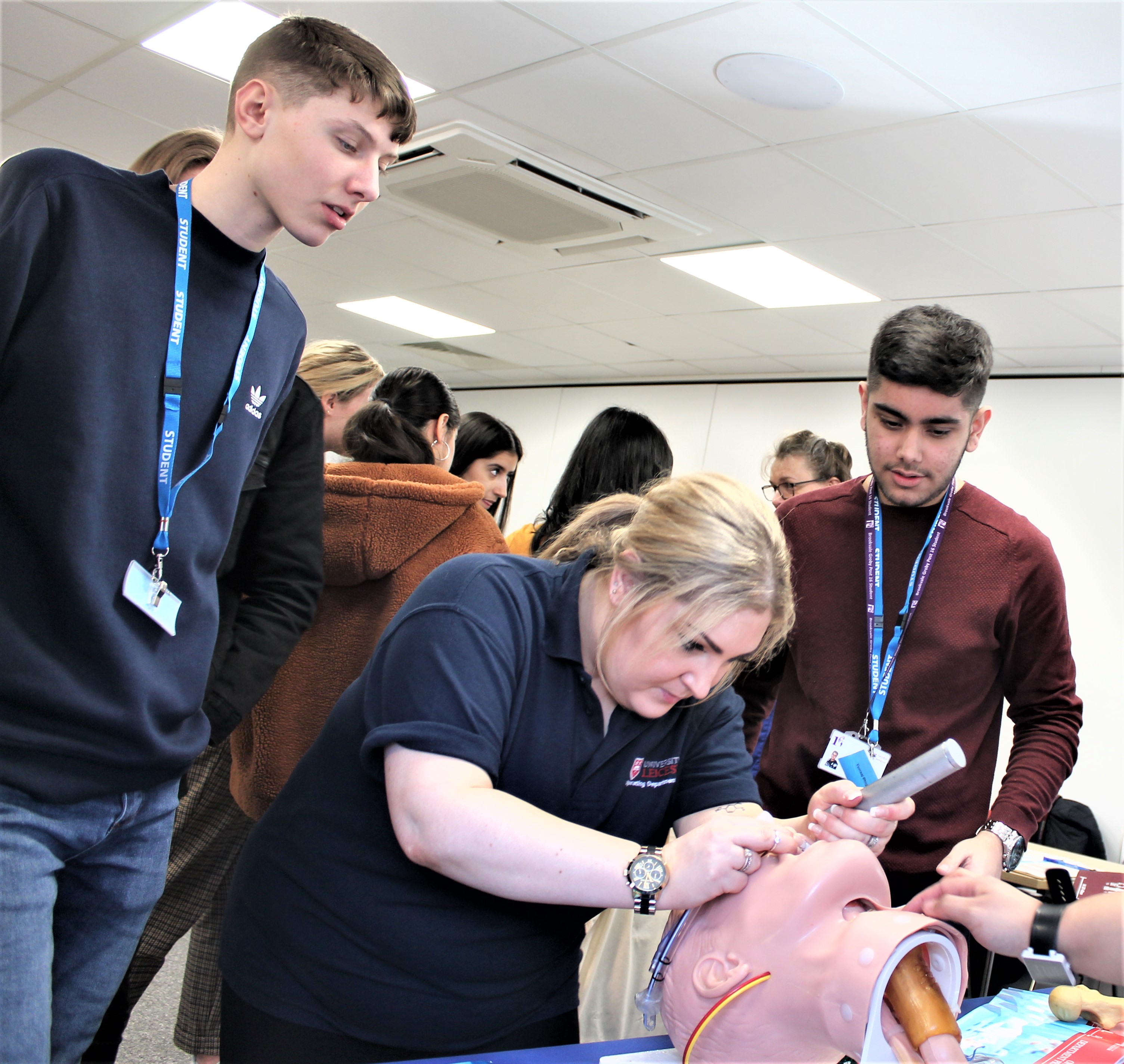
A lot of fun and learning was had at the interactive active event. Students got to try on various glasses to see what their vision would be like if they were to have cataracts, age-related loss of central vision, diabetic retinopathy or tunnel vision. They got to test each other’s blood pressure, oxygen saturation, blood pressure and temperature with a trained nurse. She informed us that the applications for the Nursing Associate Programme are open now for October’s intake on the University Hospitals Leicestershire website. This is a Level 4/5 programme in which you achieve a Nursing Associate foundation degree.
University of Leicester had presentative from Operating Department Practice. There is a national shortage of theatre staff. These are people who are with a patient before they go into surgery, during surgery and afterwards. They assist the surgeon in the theatre by checking equipment is sterile before surgery, handing tools to surgeons and being an extra pair of hands to do tasks such as retract skin. They assess patients in recovery, when they first wake up using pain scales. They can give medicine the surgeon has already prescribed should they need them when they wake up.
Four apprentices were on hand to talk about their experience of being an apprentice in the NHS. Two had finished their level 2 qualifications and had go straight onto employment in the Occupational Therapy Department and Speech & Language Therapy Department as assistants. One had completed her Level 3 Occupational Therapy course and is now working the in Mental Health department. The NHS is the 7th biggest employer in the world and the largest employer of females, currently 75% of the workforce.
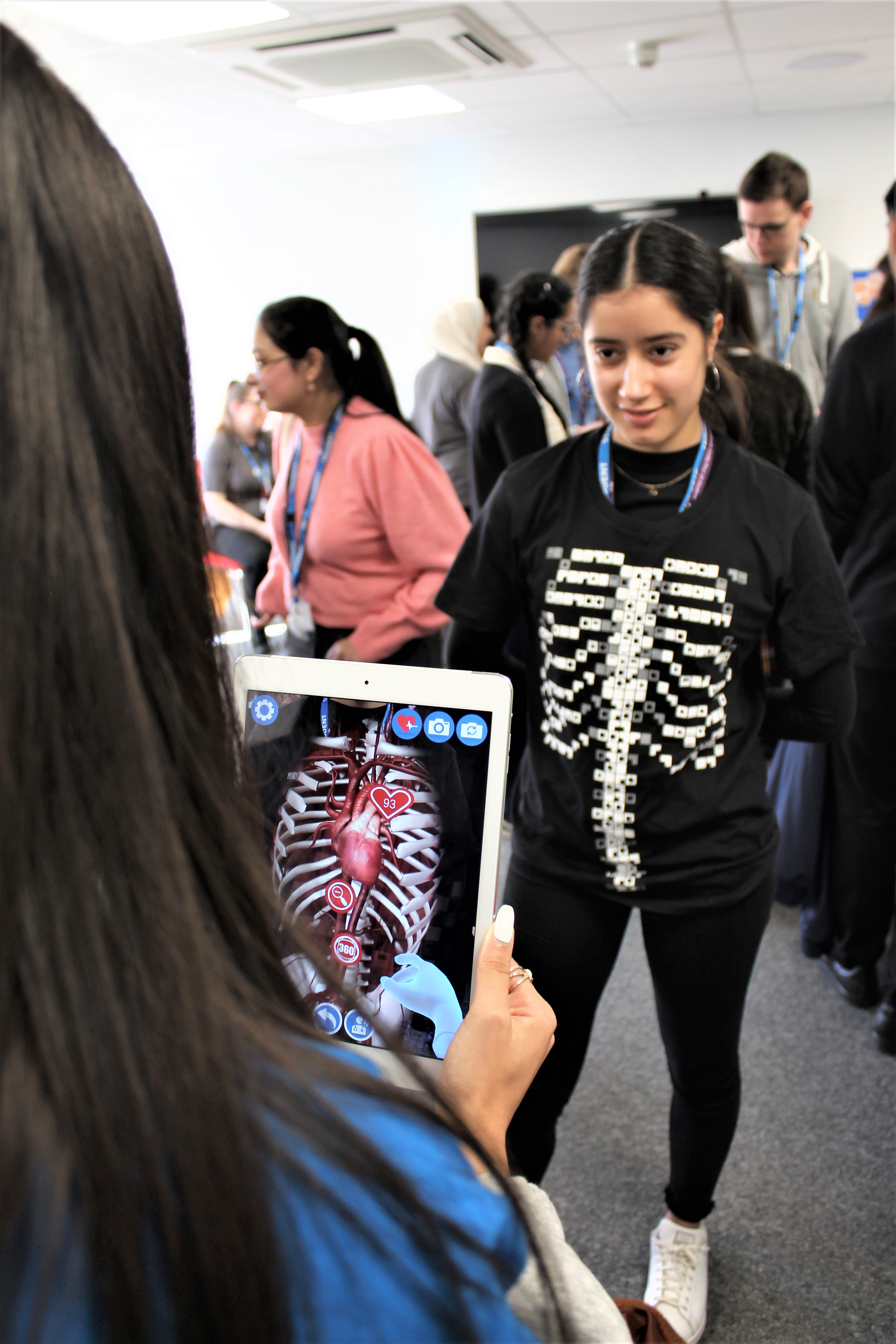
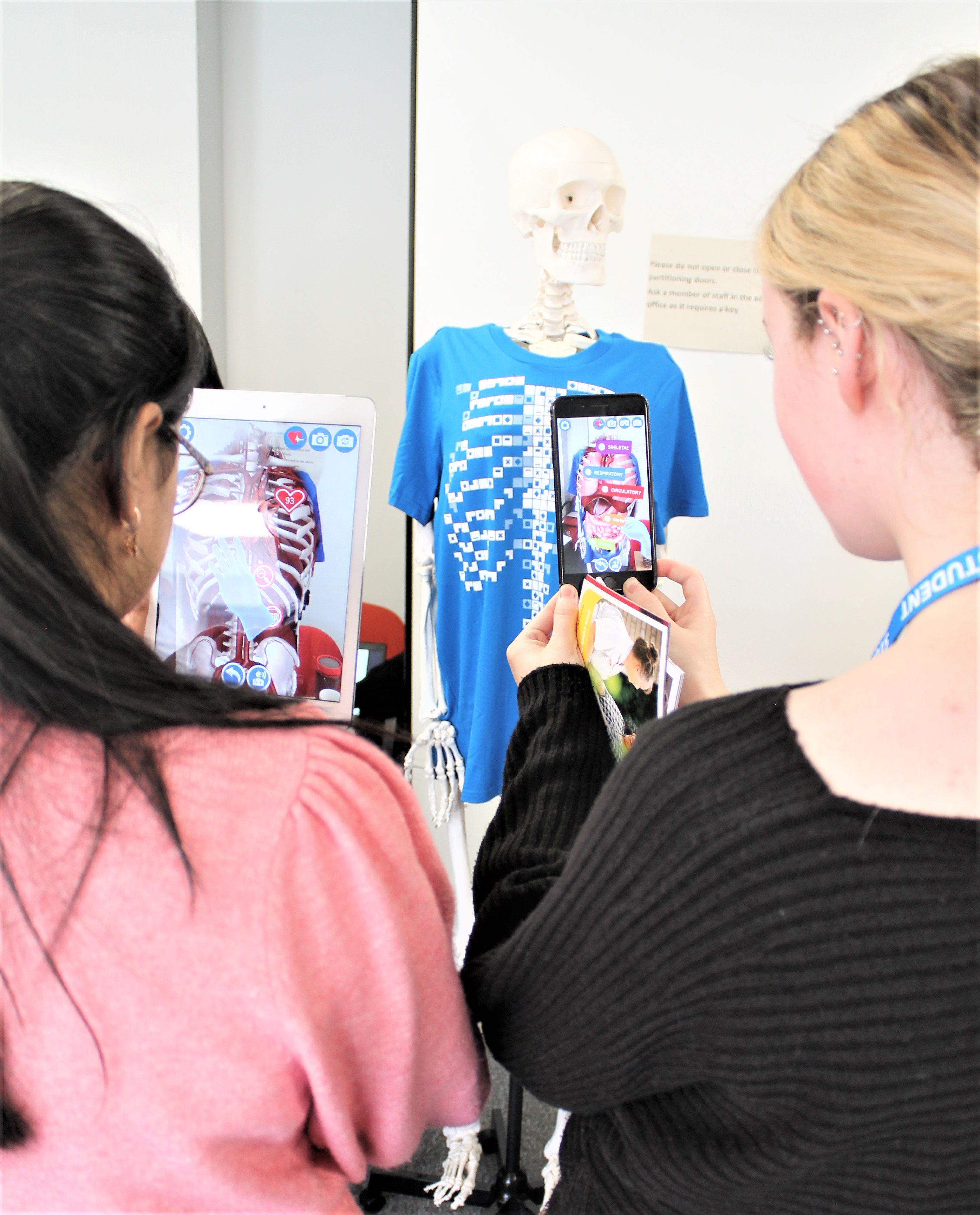
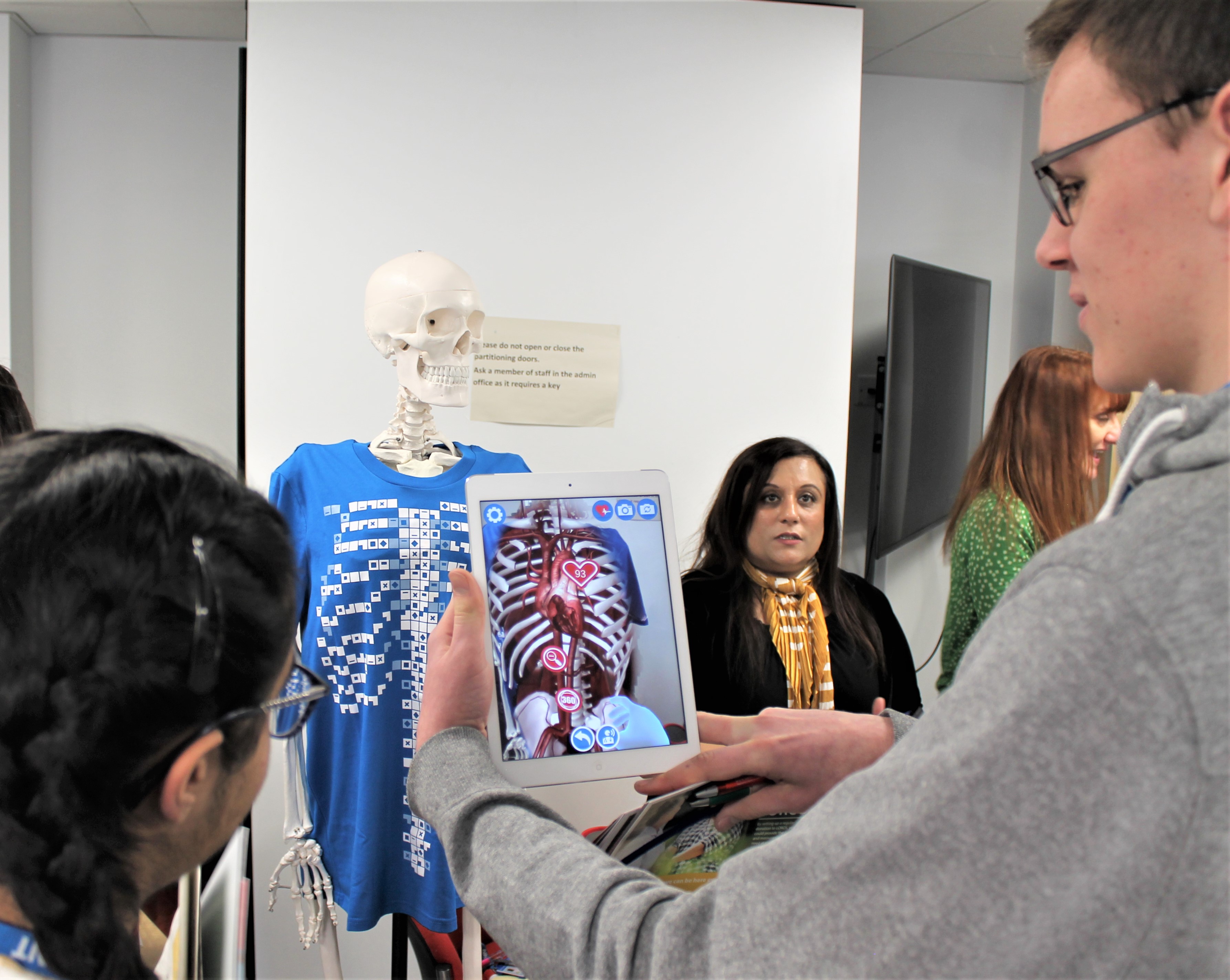
All the students had fun using a phone app to see internal organs of their friends. The students left bubbling with thoughts and ideas about their futures and where their career could take them. I received so many positive comments about the student’s behaviour, their interest and prior knowledge when asked medical related questions.
Mrs Dymond, Campus Careers Advisor
